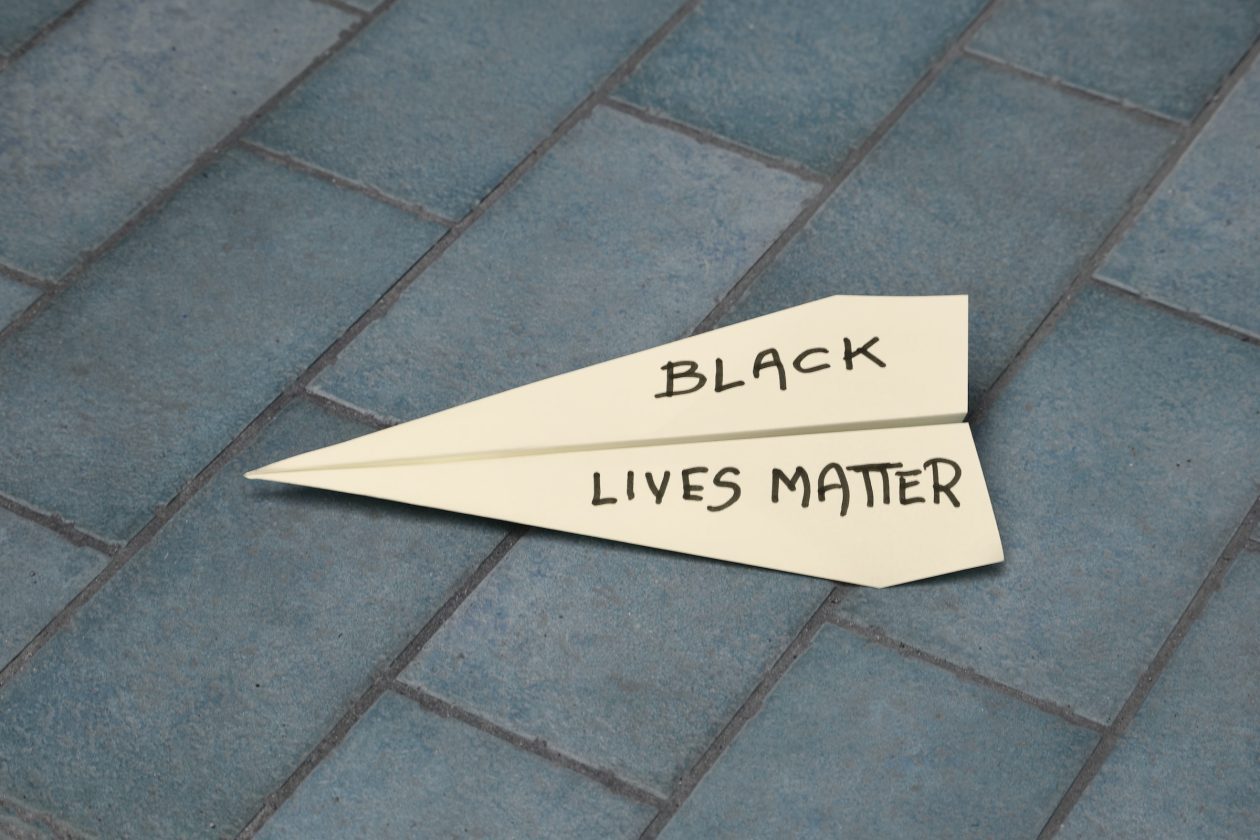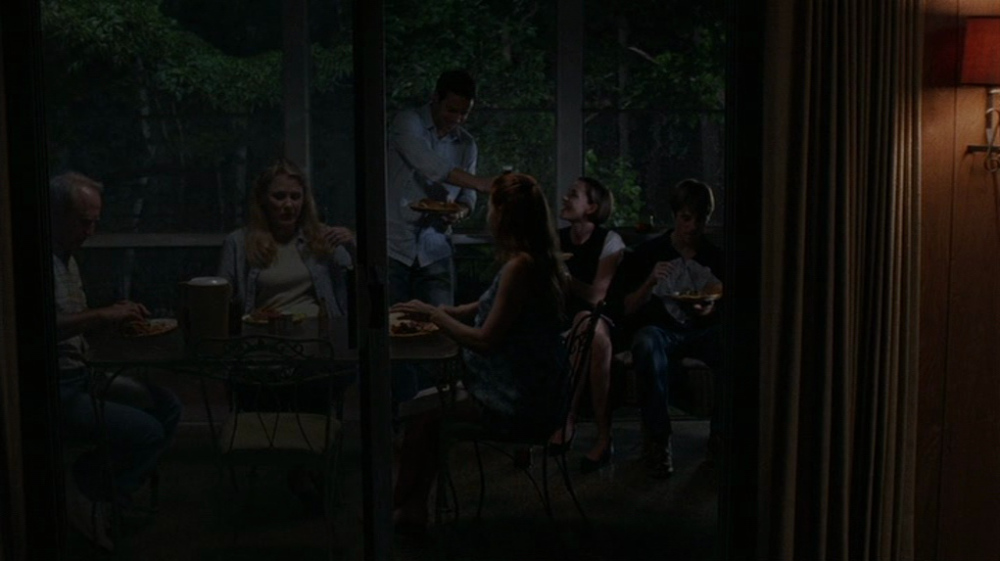8
“It’s been a great evening, Anne. Thanks for inviting us.”
“Thanks for coming Jacky, especially in your condition. And you John. Look after her.”
As Jacky lifts her bag a toilet roll falls out.
“We’ve got rolls just like that,” says Anne, “Fun aren’t they?”
“Sorry,” said Jacky, handing it back.
“It’s a long story,” says John, laughing, “You see, I found some pizzas in the deep freeze.”
1
Who’s that lonely girl in the corner?
She’s not lonely. That’s Jacky. She speaks when spoken to, smiles a lot, accepts all invitations. Food and drink are important to her. Buffets especially – they make it easy to meet people. The hermit crab image fits her – the way she moves from shell to shell, how she’s vulnerable when she moves to a new place. She’s vulnerable now.
Isn’t it a bit unusual to be that way at 25?
She’s 18 and it’s Freshers week, but we might as well skip some years to show how little she changed. In her defence let me point out that she’s traveled around. It suits her. She’s been to Denmark, France, Germany, Morocco, Spain, Switzerland, Turkey, Vietnam and Wales. I could list her papers too, but the titles are too long. Yes, she’s bright. Mathsy, but bright. And she’s not that quiet really. Once she gets started it’s hard to stop her. It’s as if she’s stored up all these things to say and regurgitates them – politics, films, weather… most things really.
Sad.
No, that’s just how she is. Her degree marks hadn’t reflected her ability. Her father had died near her finals. She’d wept coming out of her final exam. Her peers had never seen her cry before and thought she must have messed up a question. She’s been in some good research teams. She enjoys her work.
2
So what happened next?
Well, there’s a limit to how many corners a room can have. At 25 she finds herself in the same corner as John. They exchange smiles and that’s that – he rushes off. Other people come and go. The drinks-and-nibbles event is for the small companies on a Science Park where she’s just started. She hardly knows anyone, even by sight. But people claim to have seen her around. She explains her job to them, always remembering to end with “and you?” Left alone again, she wonders if her whole life will be like this. She looks around at the little bundles of people so much at their ease. When John returns with two drinks she goes over her details again. “And you?” she asks. He owns a spin-off company. Instrumentation. Adding buttons and switches to things. Someone has to do it.
3
Whenever he was sad he cheered himself up by thinking about when he was sadder.
He missed the last train home once, so he walked away from the city until the trees began, found a space in the undergrowth. What he remembers is the snapping of twigs, coughing, a bucket sloshing – a night when he could have died and nobody, least of all him, would have cared.
He sometimes felt nostalgia for the times when he’d go cycling on Sundays to some village he’d not visited before, never turning back despite the rain and punctures. The hot bath afterwards. The can of cold beer.
Drinking began as a way of “taking the edge off it”, “it” being anything from aching limbs and hayfever to the feeling that came over him some winter evenings, especially Fridays.
4
They had their similarities and differences. That’s what’s supposed to make a
relationship work. First the similarities
- Their gay friends eyed them up, but in both cases they didn’t have a chance.
- They trained each other not to jump topics in conversation. They monitored each other, assessed performances, reported back. Improvements were rapid.
- They boasted on each other’s behalf.
- They both had the surname “Jackson”. “No, we’re not married,” one of them would say. “Actually we’re brother and sister,” the other would add.
Now their differences
- His acronym for the Big Five personality traits (Openness, Conscientiousness, Extraversion, Agreeableness, and Neuroticism) was OCEAN. Hers was CANOE.
- He could do things on auto-pilot that most people had to think about. It made him appear robotic. But inside he was day-dreaming, drifting.
- She drew graphs to illustrate how he could do easy things far quicker than she could, but hard things slower. There was a cross-over point roughly at Times cryptic crosswords.
- She wasn’t technically a virgin, though she might as well have been. He was far more knowledgeable, but untouched – a fact she might never know.
They joked about each-other’s ineptitude. They both regressed when nervous. They had a routine of sketches and anecdotes that they performed when they met new people. E.g. his idea of taking a skateboard with them when they bought fence panels, so they could carry them home. “But it was windy,” she’d say, “like land-yachting,” he added. They liked telling people that he made a wheel-barrow from bike-wheels, a ladder, a baby-bath and rope. They’d wait for the inevitable jokes people would think up.
Their sex life was when they were most natural. They didn’t talk about it or during it. I suppose you could argue that love works in mysterious ways. They’d both claim that’s a cop-out, and change the subject.
In short, each satisfied the other’s limited need for company. This was their bond. Friends envied their happiness and freedom. The cliché “lonely together” could have been invented for them.
5
Things she wouldn’t talk about
- That one night she traded in her loneliness for humiliation
- That you could call John a closet introvert, but that closet is more like the wardrobe to Narnia.
- That one day John’s father phoned her from Sardinia, saying that a fancy dress shop in Woodbridge had just phoned him using John’s phone to say he’d left it in the shop. For the first time they had a long talk about John’s childhood. After the call she collected the phone. Her birthday was coming up and she thought perhaps that he’d got her a surprise present, but there was no surprise. She never asked John why he went there. He never explained.
6
“We’re out of toilet paper,” says Jacky, “I’ll buy some when we go to Waitrose and get tonight’s meal. I don’t want to get caught short in the night.”
“It’s a bit late for shopping. The party starts at 8 doesn’t it? I found a couple of old pizzas in the freezer and bunged them in the oven. So what’s your boss like?”
“Nice. She’s a dame.”
“Does that mean I have to call her husband sir?”
“No, it means don’t make a fool of yourself.”
7
It’s her third visit to the toilet that evening. She’d wanted John to make a good impression, which had made her nervously sip her drinks. All those little sips added up. She hadn’t realised until she was pregnant and stopped drinking just how useful she found alcohol to ease her anxiety. She isn’t in a rush to return to the party.
What sort of mother would she be? Suppose the child inherited the worst of each of its parents’ genes – would it be happy sitting in the corner? She’d make sure it had friends even so. She’d train it to be social. It sounded bad phrased like that, but that’s what she’d do.
She opens the airing cupboard and finds a half-empty bag of Harry Potter toilet paper. She tucks one into her hoodie, intending to slip it into her bag later. Anne wouldn’t notice one little roll missing.
Would John turn out like his father? He’d become ever more isolated, eventually retiring to Sardinia, barely able to speak Italian, but an expert in their prehistoric sites. He’d been an archaeologist. One day, when John was little, he gave John a spade and told him to dig up the flower-bed, see what he could find. John found some broken pottery. His father had smashed an old pot and buried the parts, but John didn’t know that. The two of them tried gluing the parts together. It’s still in the loft somewhere, only half complete. She wonders how he’s getting on without her.
Tim Love’s publications are a poetry pamphlet Moving Parts (HappenStance, 2010) and a story collection By all means (Nine Arches Press, 2012). He lives in Cambridge, UK. His poetry and prose have appeared in Stand, Rialto, Oxford Poetry, Short Fiction, New Walk, etc. He blogs at http://litrefs.blogspot.com/

